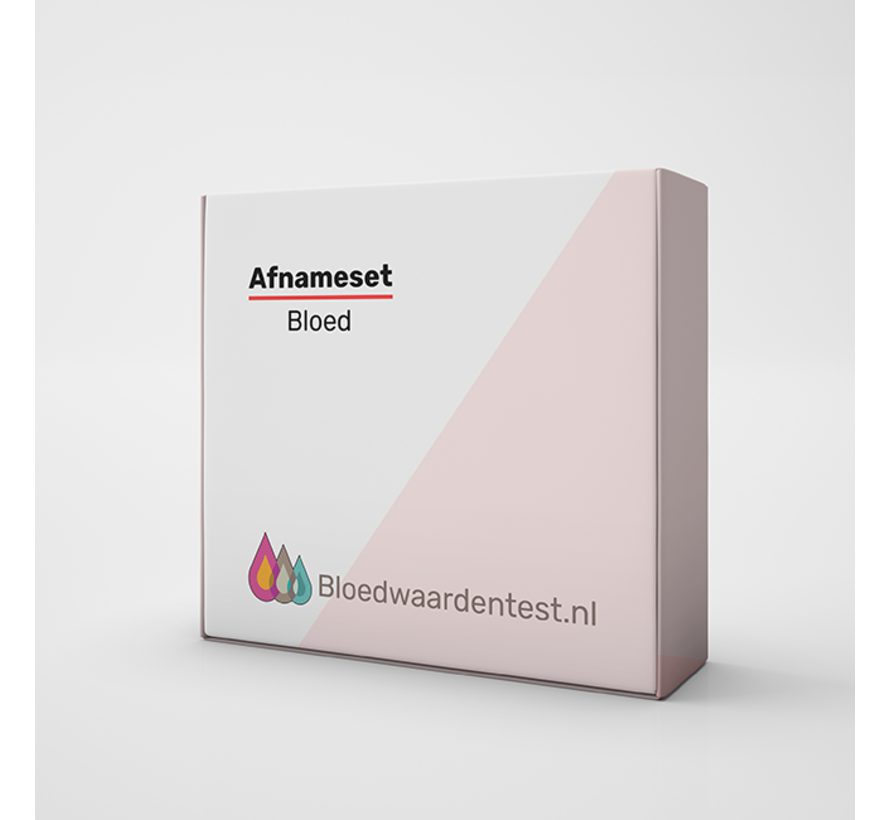Rheumatoid factor
This examination consists of the tests:
- Rheumatoid Factor Quantitative (RF) (Serum)
- Rheumatoid Factor IgM (RFM) (Serum)
When rheumatism is suspected, the test anti CCP is a better parameter to ask for. The rheumatoid factor tot is used to measure whether rheumatoid factors are present in the blood and if so, how many.
Rheumatoid Factors (RF) are autoantibodies or, antibodies against one's own body. They usually belong to the antibodies of the type and IgM and (Immunoglobulin M) made by the immune system. These IgM autoantibodies are directed against the body's own immunoglobulin G (IgG). In general, autoantibodies can be said to attack one's own body tissue because this tissue is seen, inadvertently, as foreign to the body which must be destroyed.
Rheumatoid factors do not damage the joints directly but lead to inflammation. These inflammations damage the joint tissue. Rheumatoid factors occur in rheumatoid arthritis, but also in other autoimmune diseases, such as Sjögren's syndrome (chronic inflammation of tear and salivary glands). In addition, they can also occur with long-term bacterial or viral infections. Small amounts of rheumatoid factor can also be found in the blood of healthy people. Rheumatoid factors are therefore not specific to rheumatism.
What do the results mean?
Normal
The absence of rheumatoid factor does not necessarily mean that a patient does not have rheumatoid arthritis or Sjögren's syndrome. In about 20% of patients with rheumatoid arthritis, and even more so in patients with Sjögren's syndrome, the test for rheumatoid factor is negative (or below the reference value used).
Increased
For symptoms suggestive of rheumatoid arthritis or Sjögren's syndrome, an elevated amount of rheumatoid factor indicates that the patient probably has rheumatoid arthritis or Sjögren's syndrome. High rheumatoid factor levels in a patient do not always correlate with the severity of the symptoms. However, high rheumatoid factor values are often seen in patients with active rheumatoid arthritis.
The test result along with the patient's symptoms determine the diagnosis. In older individuals, a positive test is more often found without the presence of an autoimmune disease, such as rheumatoid arthritis or Sjögren's syndrome. In addition, rheumatoid factor is sometimes found in healthy individuals. Also in patients with endocarditis, tuberculosis, syphilis, cancer, viral infections or diseases of the lungs, liver or kidneys the test for rheumatoid factor is sometimes positive.
Sometimes the symptoms are not very clear yet, and an anti-CCP test can provide additional information so that targeted treatment can be started at an early stage. The combination of the anti-CCP test and the rheumatoid factor (RF) is important for making the diagnosis.





